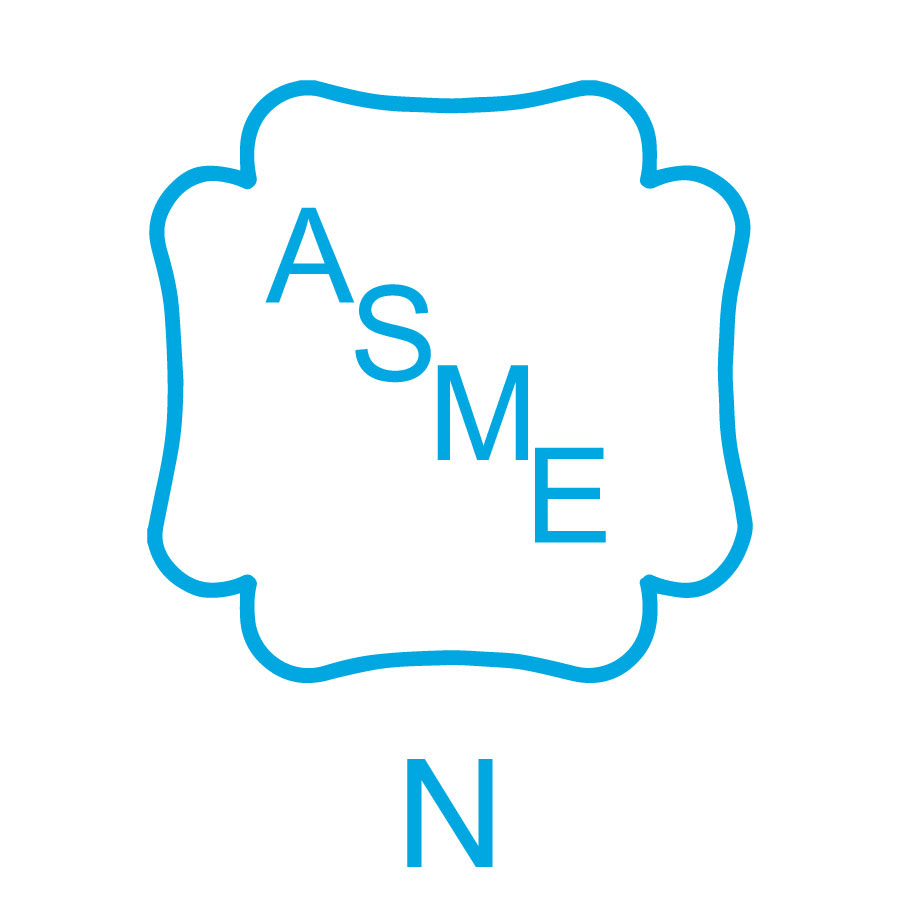All world class shipyards have solid quality enforcement programs. In part this is because they want to keep their customers. Their reputation is important. More importantly, they can't afford any delay due to quality issues. The jobs are so tightly scheduled that a problem on one ship quickly cascades to the other jobs in the yard. They cannot afford any hang ups. The good yards work hard to install a pride in a job well done in the entire work force. They understand that quality depends on well trained, highly motivated craftsmen.
Despite this, the ship’s insurers require that a Classification Society certify each ship. Classification Societies (aka ``Class'') are independent inspection services. The underwriters demand that Class redo most of the main design calculations, sign off on every drawing, and have a Class inspector witness every test in the yard, and certify that the results meet Class standards, or they will not insure the ship. They do this regardless of how good the yard's reputation is or how many QA certificates it has. The fee for this service is about 2% of the ship's price.
On top of this, the shipowner will have his own team of inspectors in the yard. They will be constantly prowling about looking for problems. A smart owner will make sure that the team will include members of the crew that will have to operate the ship. They too must witness and sign off on every test. If they find anything that is not to the project's Specifications, they have the right to reject that component until the problem is fixed. The owners will do this, even if they have built a bunch of successful ships in that yard. They could care less how many QA certificates the yard has.
In the case of a major sub-contractor, for example, the main engine, there will be three teams of outside inspectors at the vendor's plant:
1) the shipyard's quality control people,
2) the Class inspectors,
3) the Owner's inspectors.
All three teams have the right to reject the component if it is not to Spec.
Shipbuilding contracts are fixed price and fixed delivery date, with substantial penalties for late delivery. Under this system, almost all ships are built to budget, delivered on time, and perform per Specification.
A critically important element in the Vogtle and Summer AP1000 projects was the construction of steel modules on an assembly line basis. The outfit that was chosen to do this was Shaw Industries in Lake Charles. Shaw was the holder of three of the prized ASME Nuclear Quality Certificates: NA (field installation), NPT (piping), and NS (supports). These are known as N-stamps, since they give the holder the right to stamp his product as nuclear quality. Here's how ASME puts it:
N-type Certificates of Authorization issued by ASME signifies that a Certificate Holder has been through a rigorous survey to verify the adequacy and effective implementation of the quality assurance program. The N-type Certificates of Authorization allow Certificate Holders to certify and stamp newly constructed components, parts and appurtenances used at a nuclear facility with the Certification Mark in accordance with Section III of the ASME BPVC.
In the nuclear system, certificates and paperwork are what counts. Therefore, neither Westinghouse, nor either of the utilities felt the need to have anybody at Lake Charles. Since Shaw was an N-stamp holder, Westinghouse could check Shaw's QA reports from a desk in Pittsburgh. The utilities deferred to Westinghouse, in part because their lawyers felt ``interference" in the project would lead to claims and legal battles. US Nuclear does not have the concept of a independent construction inspection service, beholden to the insurers.1 There were zero outside inspectors at Lake Charles.
When the Shaw modules showed up at the plant site, they were not even close to Spec. They could not be fitted into the structure. They either had to be junked or undergo extensive rework at a giant facility that Westinghouse hastily erected. That's the nuclear quality that makes nuclear so expensive.
INPO does inspections of operating plants in the US, but it does not have the same sort of checks and balances that apply to the Classification Societies. The German system does use independent certification outfits known as TUV’s. TUV’s operate just like the Classification Societies.



Jack; why don't you explain what modules you're talking about because whatever point that you are trying to make is meaningless without context. Building a ship and a nuclear power plant are vastly different activities. I agree that independent review is a necessity for a nuclear plant construction project, but not of the type and scope of what goes on at a shipyard because the differences between the two. There was a time when nuclear power plants were constructed under a fixed price contract, but that quickly disappeared because it was not profitable. A shipbuilding project may afford the luxury of fixed price contract because its scope is well contained, and the external agencies involved in a nuclear building project are quite different and are not as easily satisfied as the building of a ship. The view that nuclear power plants are just so much steel and concrete and are subject to the same laws of construction is like the outmoded view that nuclear power plants were just another way to boil water.
Government needs to be kept on shipbuilders schedule and specifications.